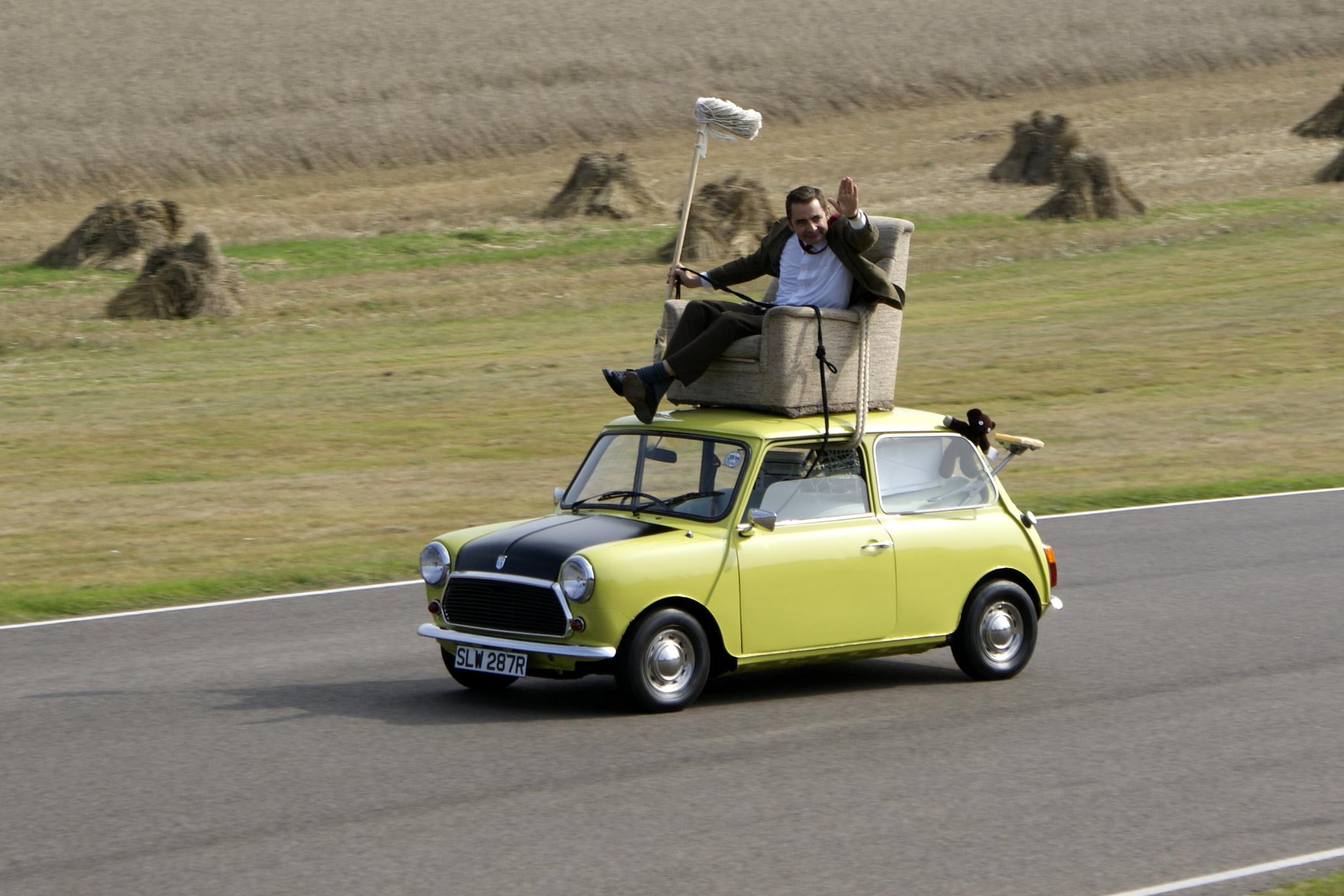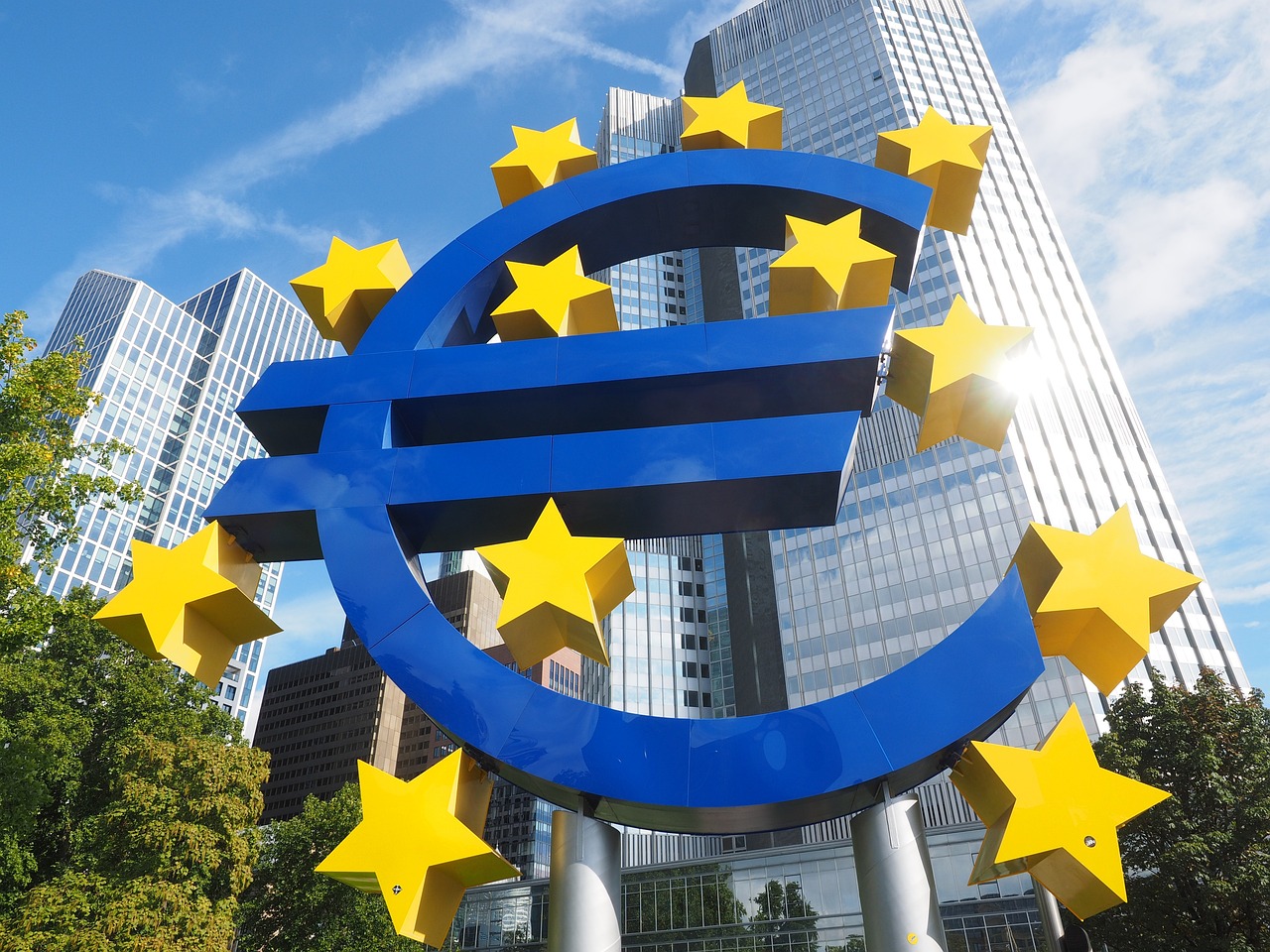Few expected Rowan Atkinson, the actor best known as the protagonist in Mr Bean, to pen an opinion piece arguing against the use of electric vehicles, nor was the backlash expected.
In his opinion piece on The Guardian, he cites a study conducted by Volvo which claims that greenhouse gas emissions during production of an electric car are nearly 70 per cent higher than when manufacturing a petrol one. This is largely due to their lithium-ion batteries.
The actor is no stranger to automobiles, being an owner of several classic cars. He also holds a bachelor’s degree in electronic engineering.
However, several EV experts countered his arguments. While they acknowledge the negative environmental impact of producing EV batteries, over the course of the vehicle’s lifetime 66-69 per cent fewer emissions generated compared to a petrol car.
Furthermore, a report by the European Commission which looked into the life cycle emissions and other environmental issues related to EVs conclude that “new electric vehicles are expected to have significantly lower impacts on the climate compared to conventional combustion engine vehicles.”
I love Rowan Atkinson the comedian and I believe he learned electrical engineering once, but I feel this erroneous article on EVs dupes the readers of the @Guardian and that’s starting to become a pattern.
— AukeHoekstra (@AukeHoekstra) June 4, 2023
Electric vehicles really emit 3x less CO2.
🧵https://t.co/BECA40z2Jr
It’s unlikely that Mr Atkinson’s piece is going to slow the EV adoption. In 2021 alone, the number of EVs sold amounted to 6.6 million, double the sales figures for 2020, and more than 50 fold increase compared to 2012.
This is only set to accelerated further, as a growing number of countries move to ban the sale of new petrol and diesel cars in the next decade.
Featured Image: Rowan Atkinson via Facebook
Malta gets another €48.7 million from NextGenerationEU
The funds will be used for a variety of public investments into mobility, education, health and justice
Kebab Factory pays tribute to Malta’s heroes with special in-store savings
Government staff can now enjoy in-store discounts at Kebab Factory
MFSA issues warnings about fraudsters cloning genuine Maltese companies
Investors should be extra cautious when being approached with offers of financial services via unconventional channels






